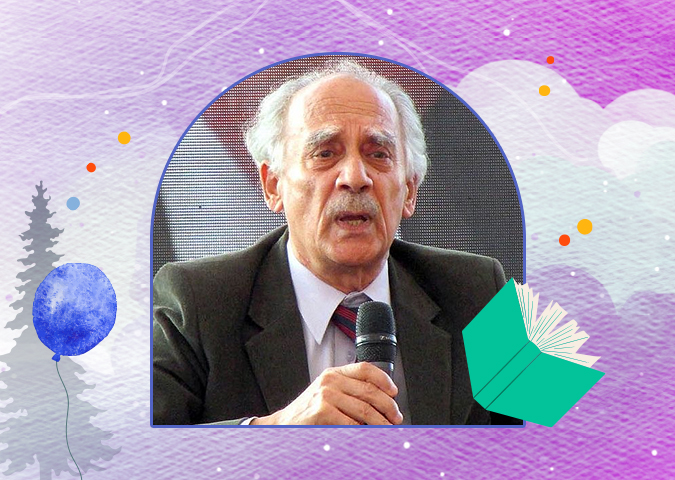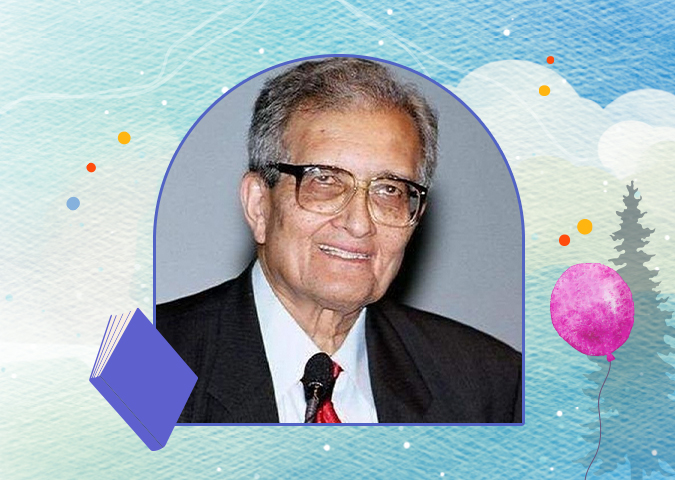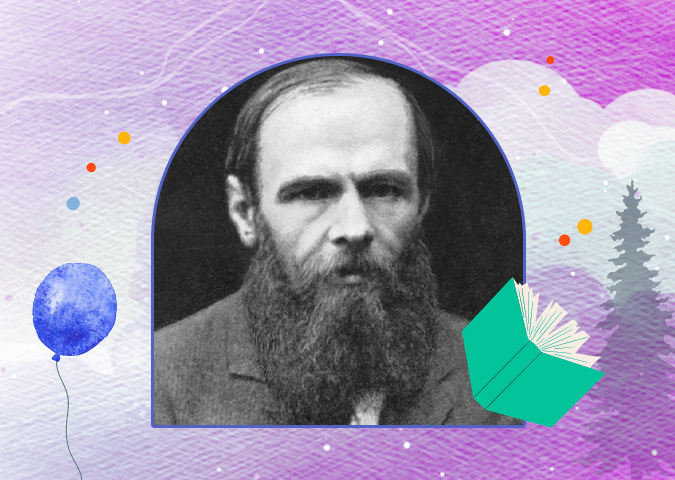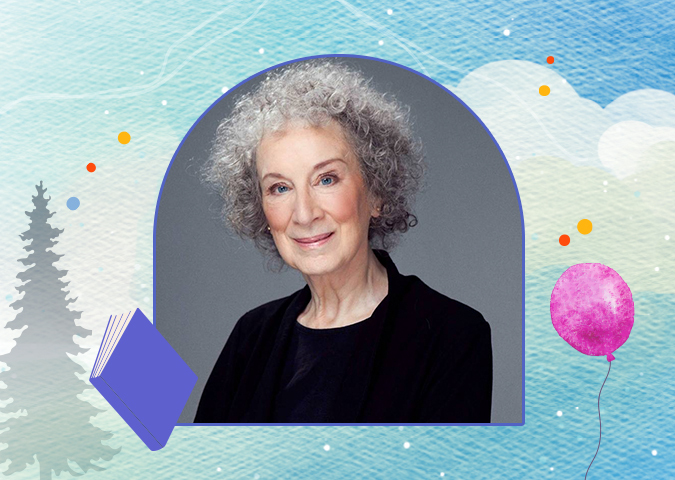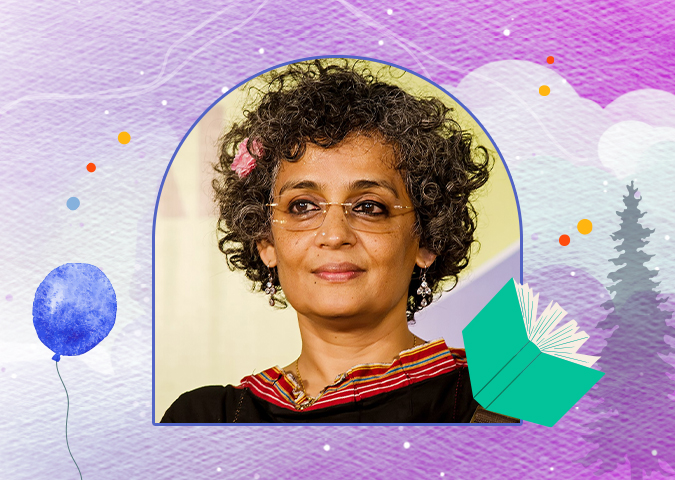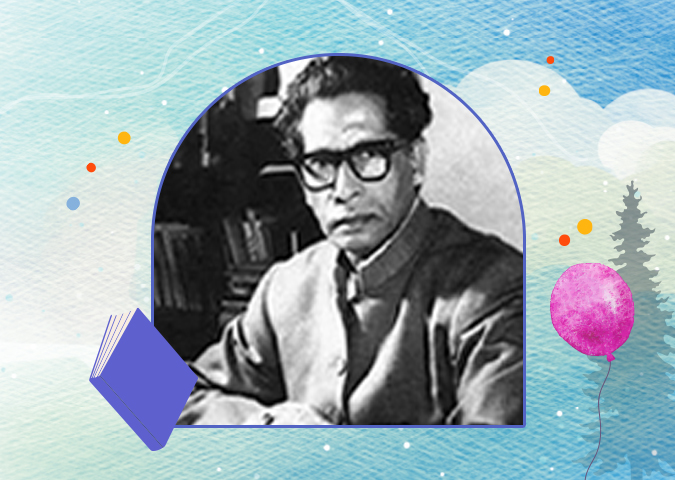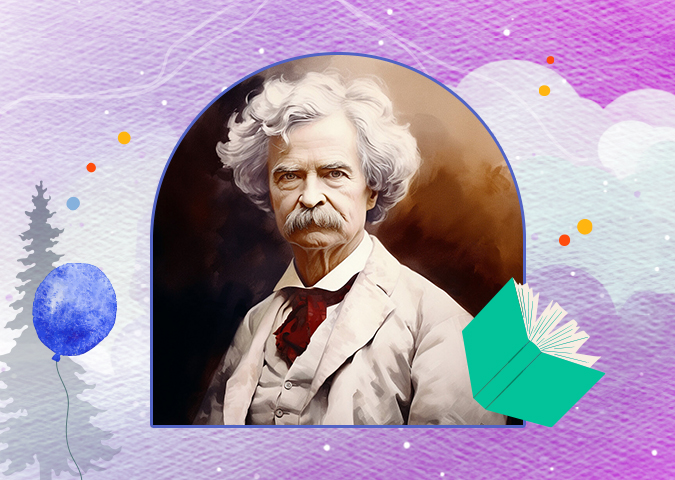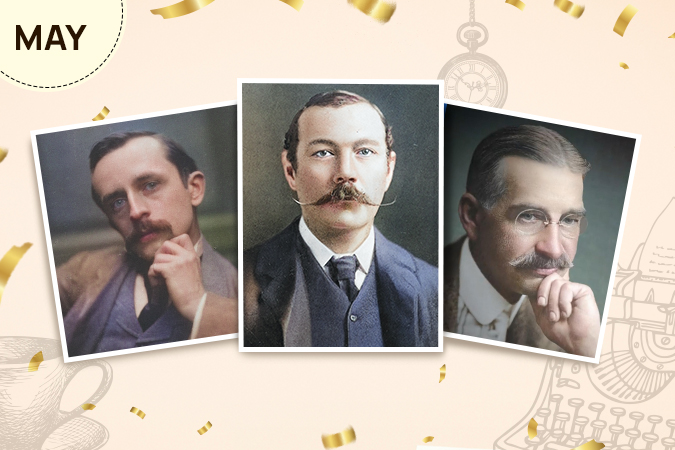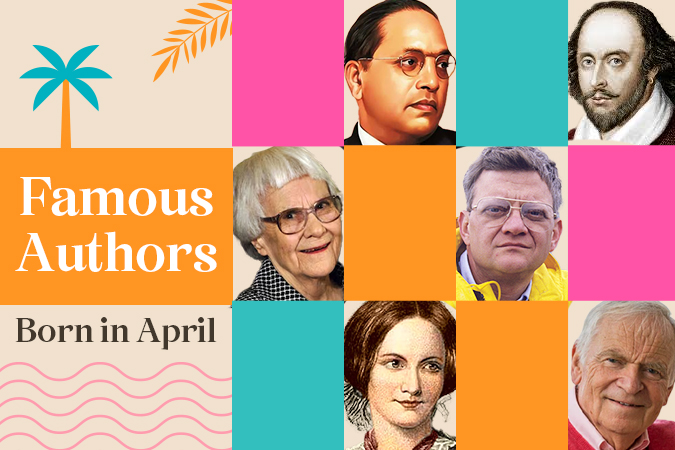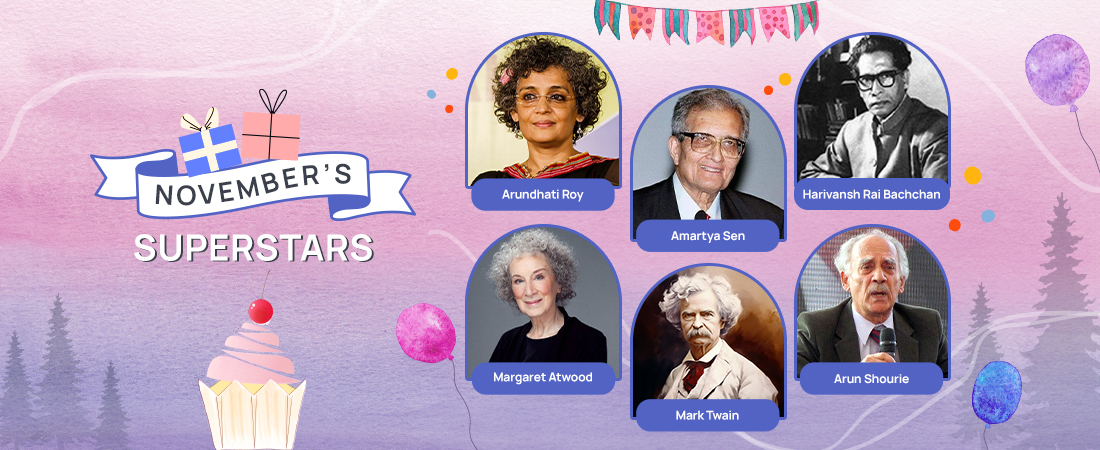
Meet the famous authors born in November
November brings with it a constellation of literary talents who have enriched our lives through their unique perspectives and storytelling. From groundbreaking novels to insightful essays, these celebrated writers, born in November, have left an indelible mark on the world of literature and thought. Dive into this curated list and discover the legacies of these authors born in November.
Indian journalist, author, and politician Arun Shourie is known for his investigative journalism and thought-provoking books. Shourie’s work often addresses political and social issues, and he is known for his bold critiques and fearless approach. His book Eminent Historians (1998) challenged traditional perspectives in Indian history and sparked national debate.
Shourie’s writing spans topics such as politics, philosophy, and religious studies. Books like Worshipping False Gods demonstrate his analytical approach and commitment to questioning established narratives. His works contribute to Indian literature by encouraging critical thought and dialogue.
Amartya Sen, born in Santiniketan, India, is a Nobel Prize-winning economist and philosopher whose works bridge economics with social and moral philosophy. One of his most celebrated books, The Argumentative Indian (2005), showcases India’s rich tradition of public debate, dialogue, and intellectual discourse, challenging stereotypical views of India and exploring the complexities of its cultural and historical identity.
Sen’s Development As Freedom (1999) redefines economic development, advocating for freedom as both the means and the end of progress. Another landmark book, The Idea of Justice (2009), presents a nuanced alternative to traditional theories of justice, merging Eastern and Western philosophies. Sen’s accessible writing and profound ideas have influenced thinkers, policymakers, and readers worldwide.
Russian author Fyodor Dostoyevsky is celebrated for his profound psychological insights and exploration of existential themes. His novels, such as Crime and Punishment (1866) and The Brothers Karamazov (1880), delve into human nature, morality, and the complexities of the human psyche. Dostoyevsky’s work is known for its intense character studies and philosophical depth, examining themes like guilt, redemption, and free will.
Dostoyevsky’s influence on literature and philosophy is vast, impacting writers and thinkers around the world. His works continue to inspire readers to reflect on moral questions, making him one of the most profound literary voices in history.
Canadian author Margaret Atwood is celebrated worldwide for her dystopian and speculative fiction, notably The Handmaid’s Tale (1985), a chilling narrative about authoritarian rule and gender oppression. The novel has achieved iconic status, inspiring adaptations in television and theatre, and remains a powerful commentary on women’s rights and societal structures.
Atwood’s versatility spans genres, including poetry, historical fiction, and science fiction. In addition to her fictional works, Atwood is known for her essays and literary criticism, providing insights into literature, feminism, and politics. Atwood’s imaginative storytelling and insightful commentary have made her one of the most influential writers of her generation.
Arundhati Roy, an acclaimed Indian author, gained international recognition with her debut novel The God of Small Things, which won the Man Booker Prize in 1997. Known for her evocative language and deep character studies, Roy’s work reflects a profound engagement with contemporary socio-political themes.
Beyond fiction, Roy is a celebrated essayist and activist. Her collection The Ministry of Utmost Happiness (2017) tackles the complexity of India’s social fabric, blending fiction with hard-hitting truths. Roy’s essays and non-fiction works, such as Listening to Grasshoppers, address global issues like human rights, environmental activism, and anti-globalisation. With a bold voice and unflinching perspective, Roy continues to be an influential figure in literature and activism.
(Read: Arundhati Roy’s The God of Small Things: Summary and Analysis)
One of India’s most revered Hindi poets, Harivansh Rai Bachchan’s work has been celebrated for its lyrical beauty and profound exploration of love, life, and philosophy. His poetic masterpiece, Madhushala (1935), is a metaphorical exploration of life’s existential dilemmas, written in a unique and deeply reflective style that continues to captivate readers.
A recipient of the Padma Bhushan, Bachchan’s poetry resonates with themes of resilience, hope, and the human experience. His lyrical voice and influence in Hindi literature have made him a cultural icon, celebrated for his contributions to Indian poetry and literature.
Mark Twain, born Samuel Clemens, is an iconic figure in American literature, best known for his wit and storytelling prowess. Twain’s The Adventures of Tom Sawyer (1876) and Adventures of Huckleberry Finn (1884) capture the essence of childhood and adventure along the Mississippi River, offering a humorous yet profound exploration of human nature and society.
Twain’s works go beyond simple storytelling; they reflect his keen observations on human nature, social injustice, and morality. Known as “The Father of American Literature,” Twain’s style, infused with satire and realism, has influenced generations of writers. His wit, wisdom, and compelling characters have cemented his place as one of the most beloved authors in American literary history.
Bram Stoker (8 November 1847): An Irish author, Stoker introduced the world to Dracula, a Gothic horror novel that shaped the vampire genre with its eerie and suspenseful narrative.
Neil Gaiman (10 November 1960): A contemporary fantasy author, Gaiman is celebrated for American Gods, Coraline and The Sandman series.
Robert Louis Stevenson (13 November 1850): The Scottish writer is famed for Treasure Island, the iconic pirate tale that set the standard for adventure fiction.
Louisa May Alcott (29 November 1832): An American classic author, Alcott is best known for Little Women, a beloved coming-of-age story that explores family, resilience, and independence.
C.S. Lewis (29 November 1898): Known for The Chronicles of Narnia, Lewis crafted a beloved fantasy series that intertwines magical adventures with themes of morality and faith.
Winston Churchill (30 November 1874): A British statesman, writer, and orator, Churchill’s legacy includes a vast body of historical and political writings. His literary contributions earned him the Nobel Prize in Literature.
November’s literary stars shine across genres and cultures, from the thought-provoking prose of Dostoyevsky to the evocative poetry of Harivansh Rai Bachchan. Whether it’s the philosophical musings of Amartya Sen or the imaginative worlds of Margaret Atwood, each of these authors born in November offers a unique journey for readers. Celebrate their legacy by exploring their works and discovering the ideas and stories that have shaped generations.
Find out the famous authors born in the other months HERE

